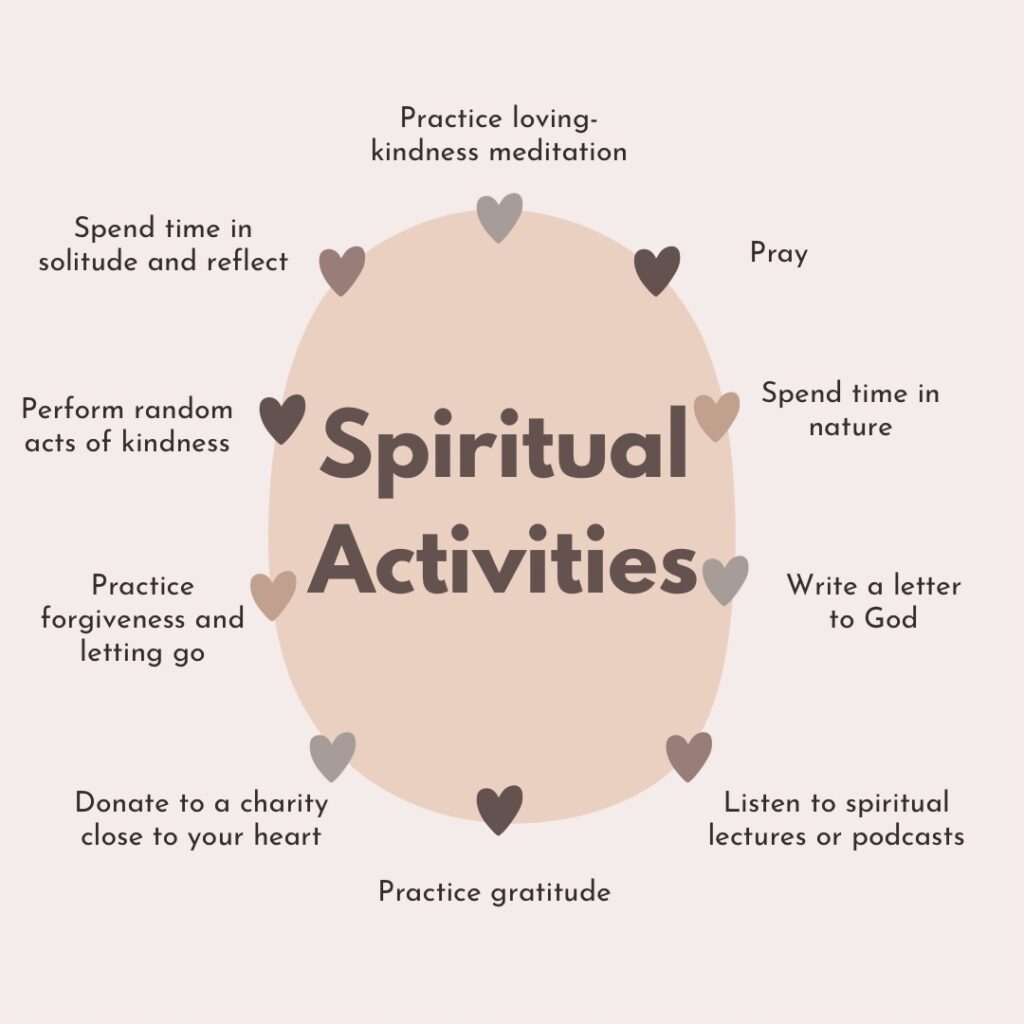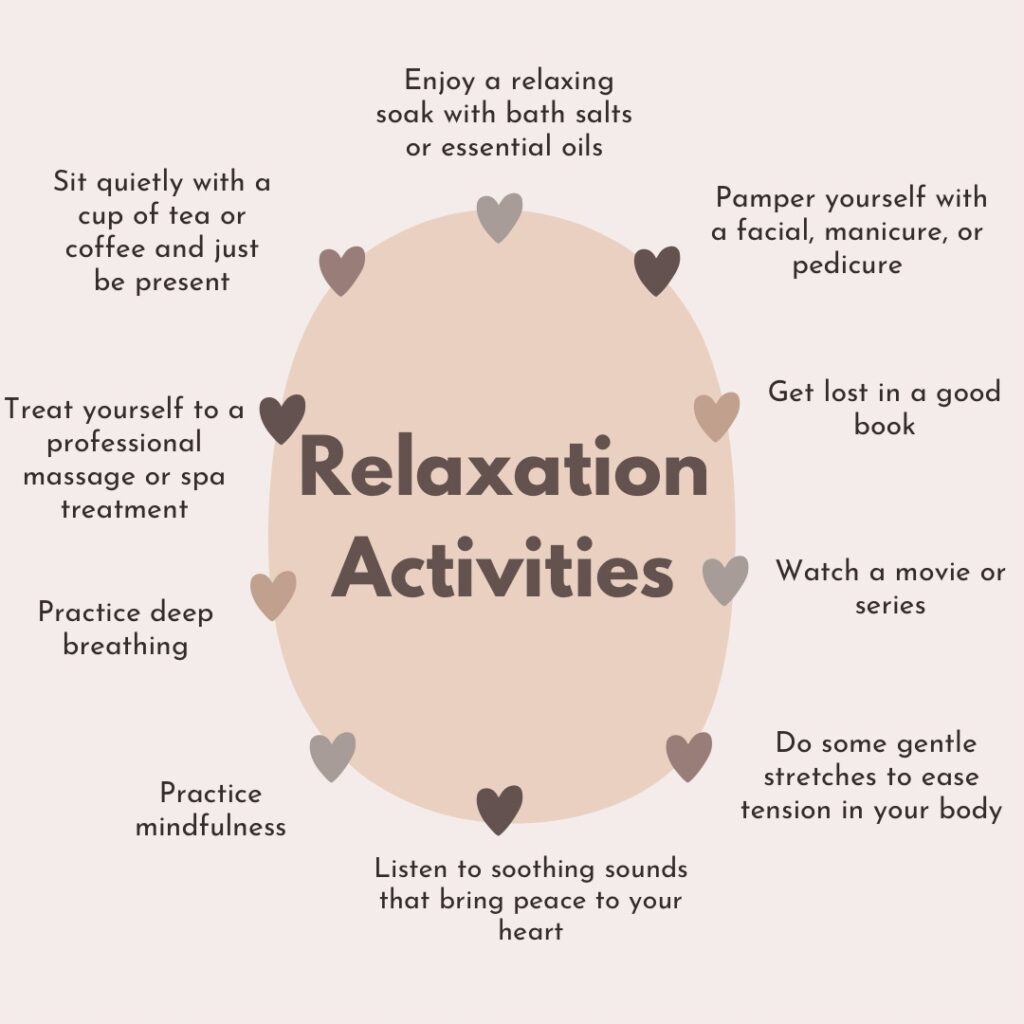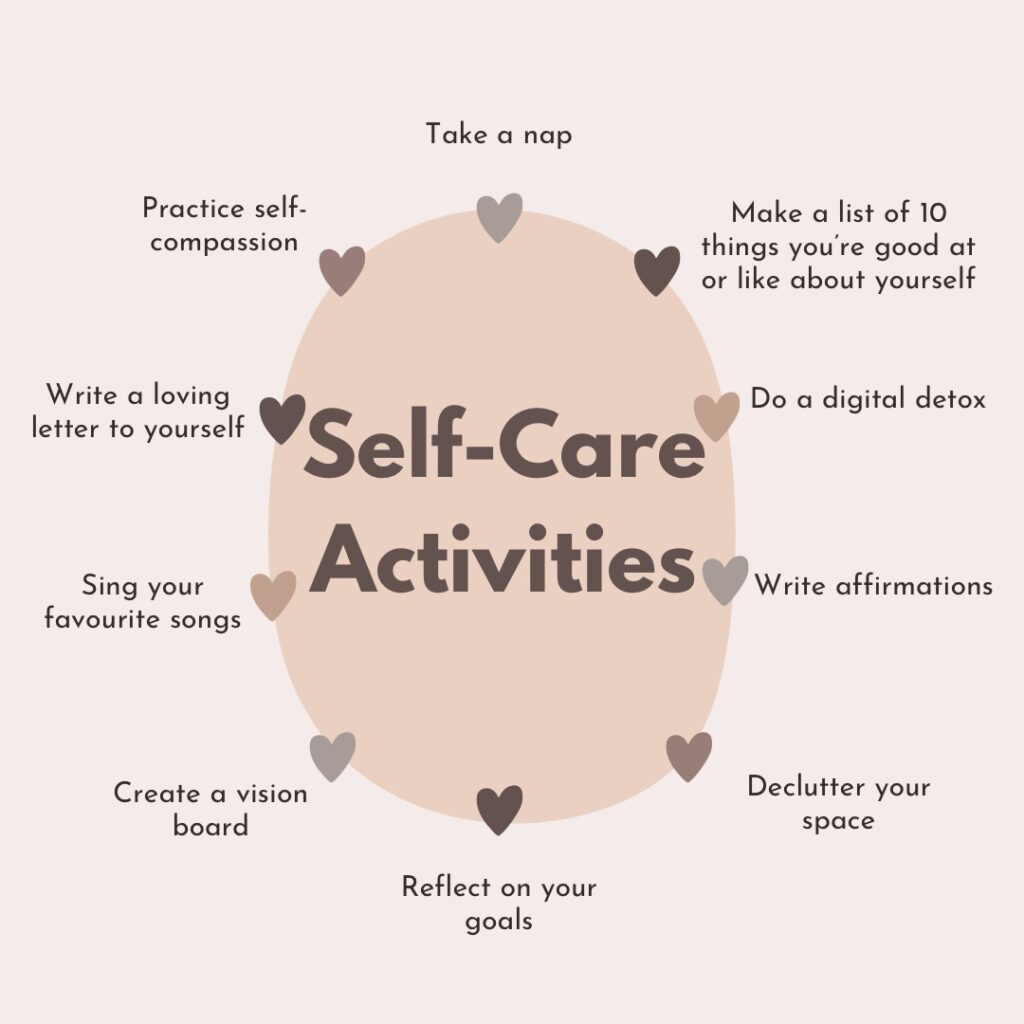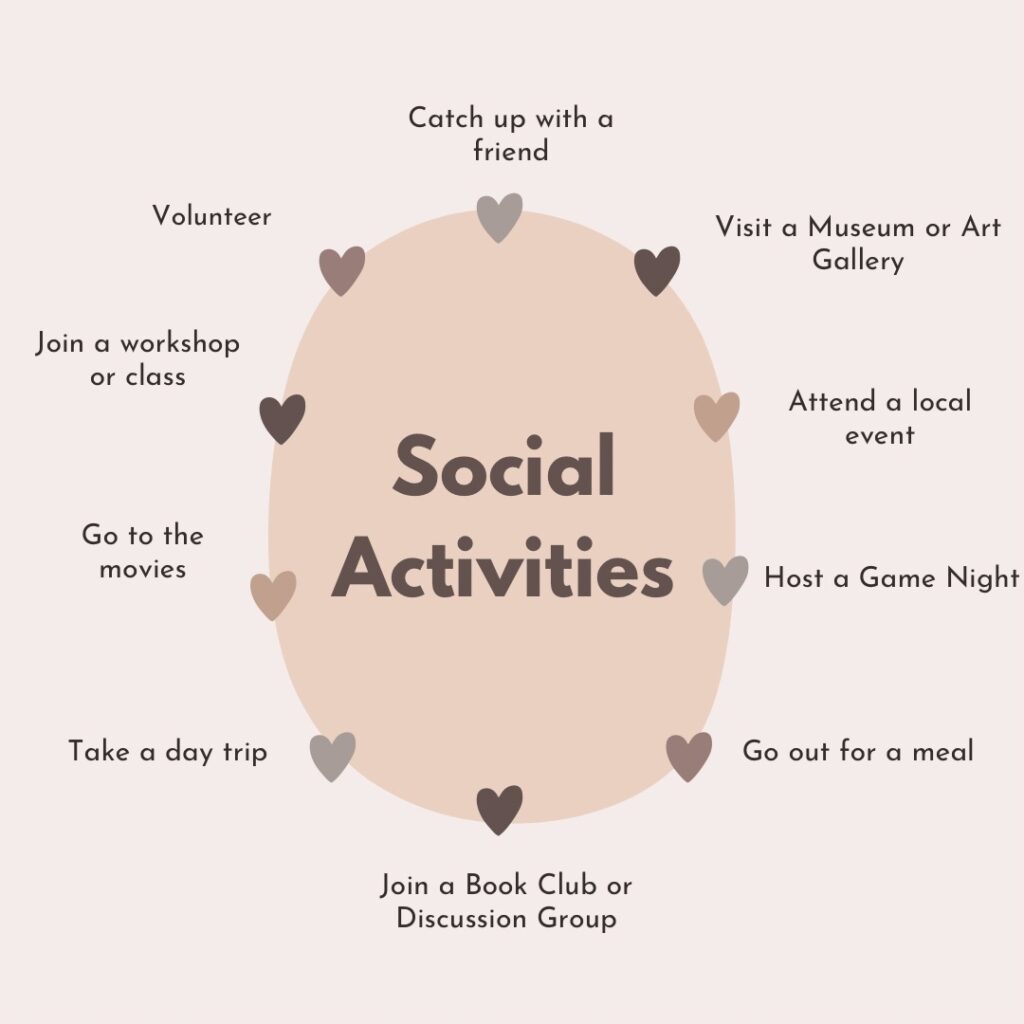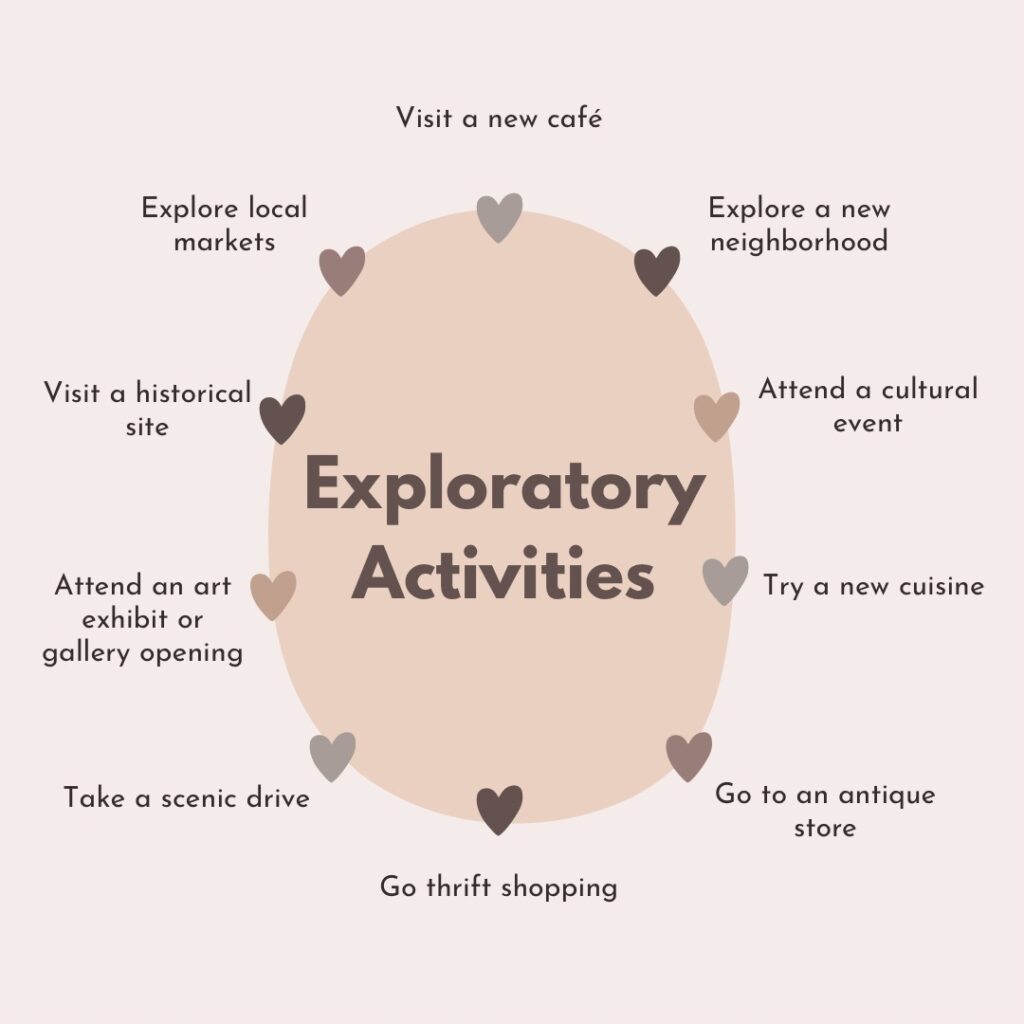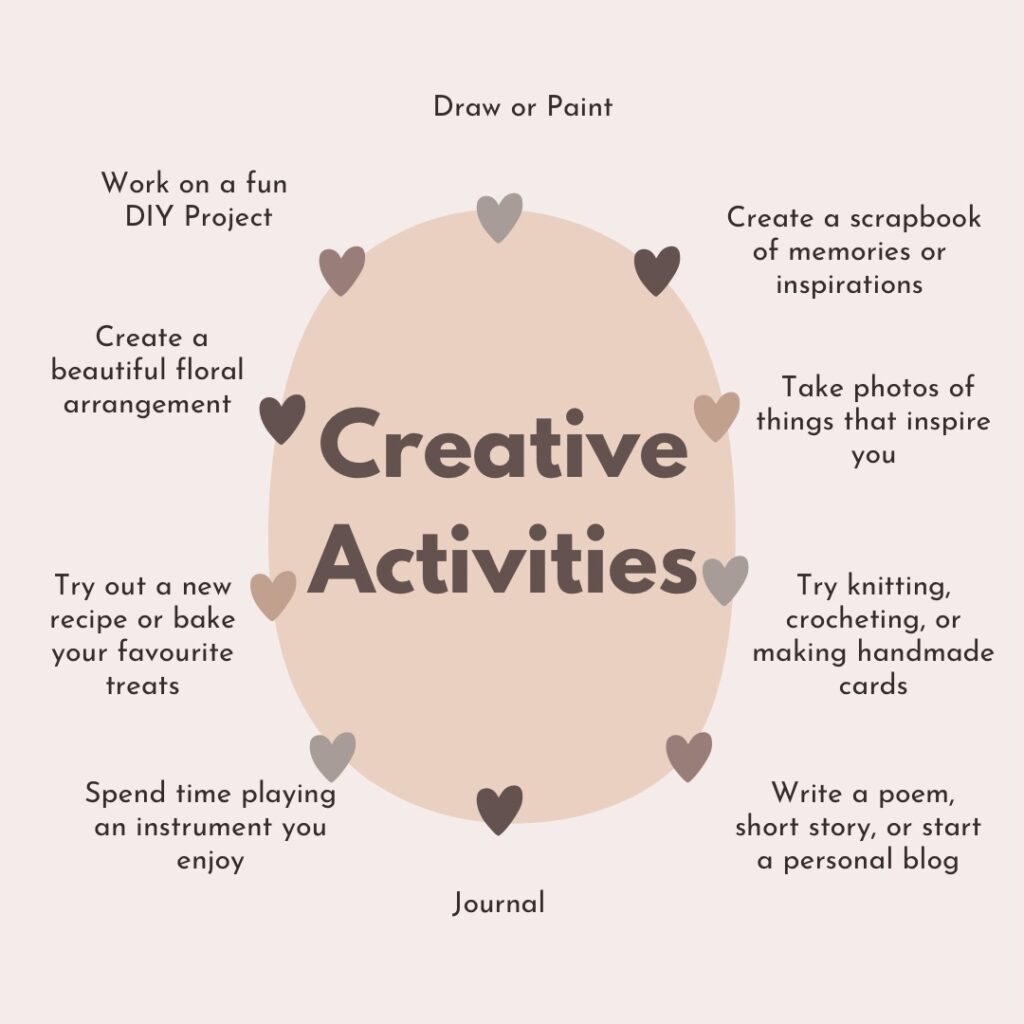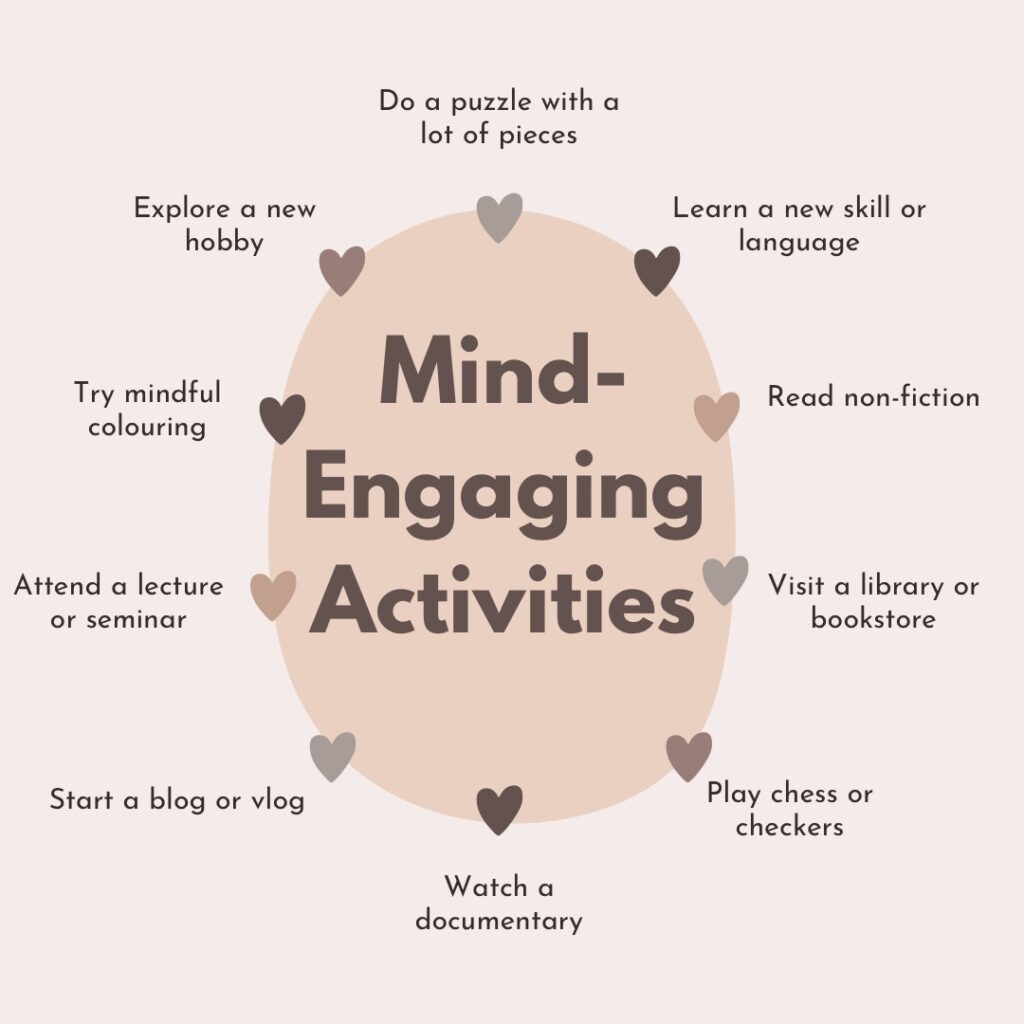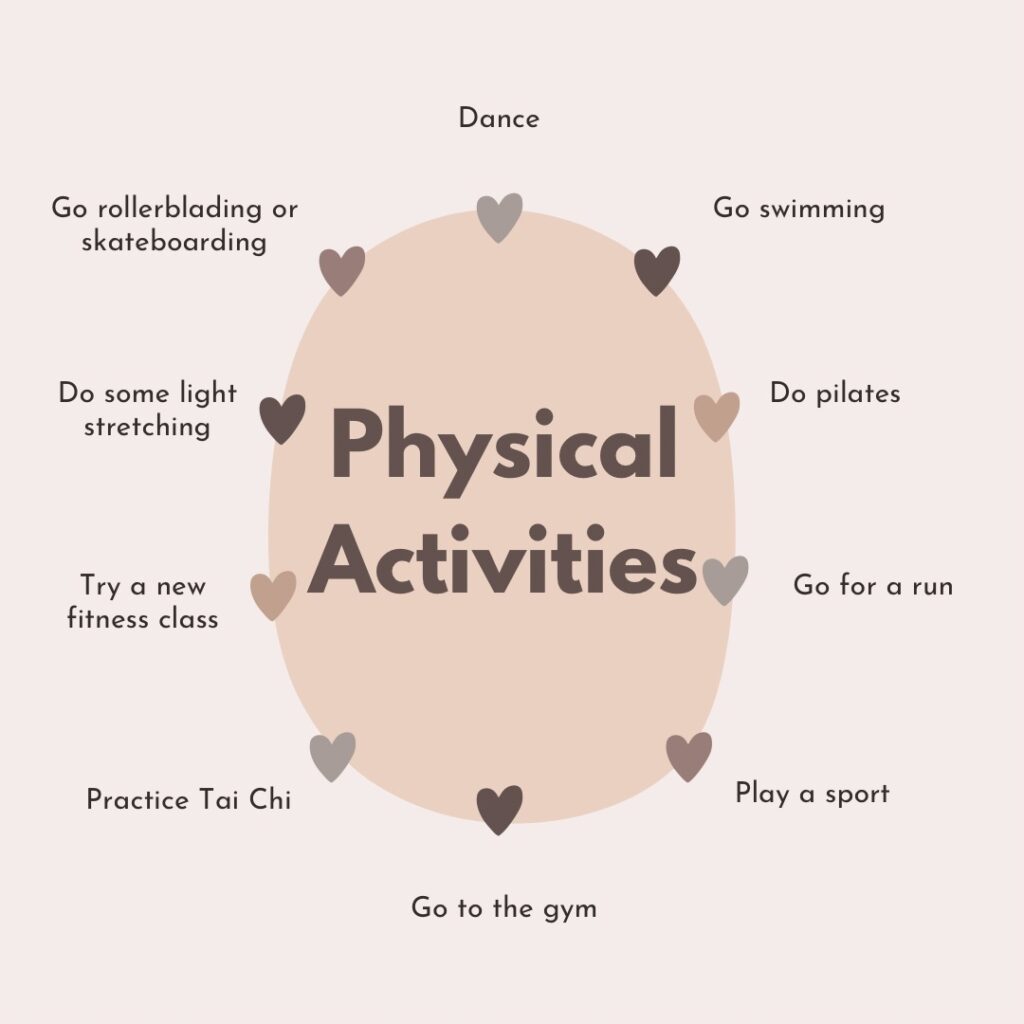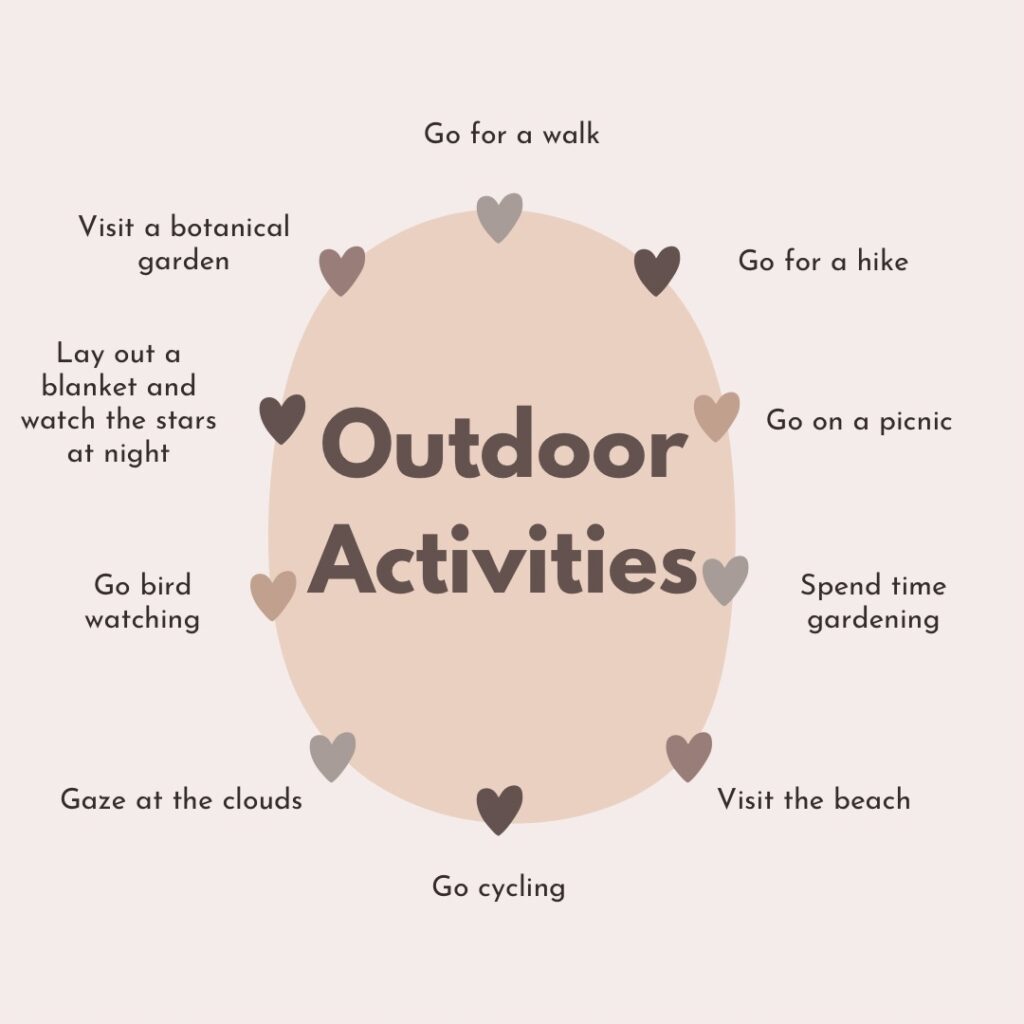When we are in pain or suffering, it often seems like that is when we choose to be our worst enemy rather than our best friend. Our society equates productivity with success, and we feel guilty for taking a break and resting because we view it as a personal shortcoming. When things are going well, we wish they would stay that way forever. We feel alive, present, connected, motivated, inspired, hopeful, and creative. However, when we need to slow down and rest, we resist it as much as possible because it seems to reflect on our competency and value as people. The inner critic makes its presence known: “You never do anything right!” It starts listing all our negative qualities, recalling our past mistakes, and pushing us to fix everything. We feel too overwhelmed to begin anywhere and may sink into old, familiar habits like isolating ourselves, ruminating, and doing whatever we can to numb the pain. We feel like we’ve hit rock bottom, and all the progress we made disappears. We don’t know if we have the heart to start again, even though we’ve done it many times before; starting over always seems so daunting. I hope you know that you are not alone.
I remember having a session with my therapist and telling her that when I feel myself slowing down, it feels like everything I worked hard for—all the good habits and routines I’ve established—seems to crumble around me, and I lose confidence in myself. This was something I struggled with for so long, and her response changed my perspective. She helped me see that slowing down can be a break, a time to replenish my resources so that I can continue my journey even stronger and better prepared. I realized later that I actively ignore the internal signals telling me to slow down, but eventually, after a long battle, I give in. However, since it comes with so much resistance, I can never enjoy the break; I feel too guilty and disappointed in myself. When I have the strength to try again, I try to build better routines and habits that will keep me going longer, and the cycle continues—I never learn my lesson. But those simple words from my therapist—this is a break—eased the stress and tension that slowness in my life usually brings. Then she went on to ask me what I needed during this break, and I knew how to answer right away: I needed one day off to walk, to nourish my body with good food, and to let my mind wander. This is exactly how Park Ha-Kyung, the main character in the K-Drama “One Day Off,” starts each episode: “When I long to disappear, I take one-day trips. I walk, eat, and let my mind wander.”
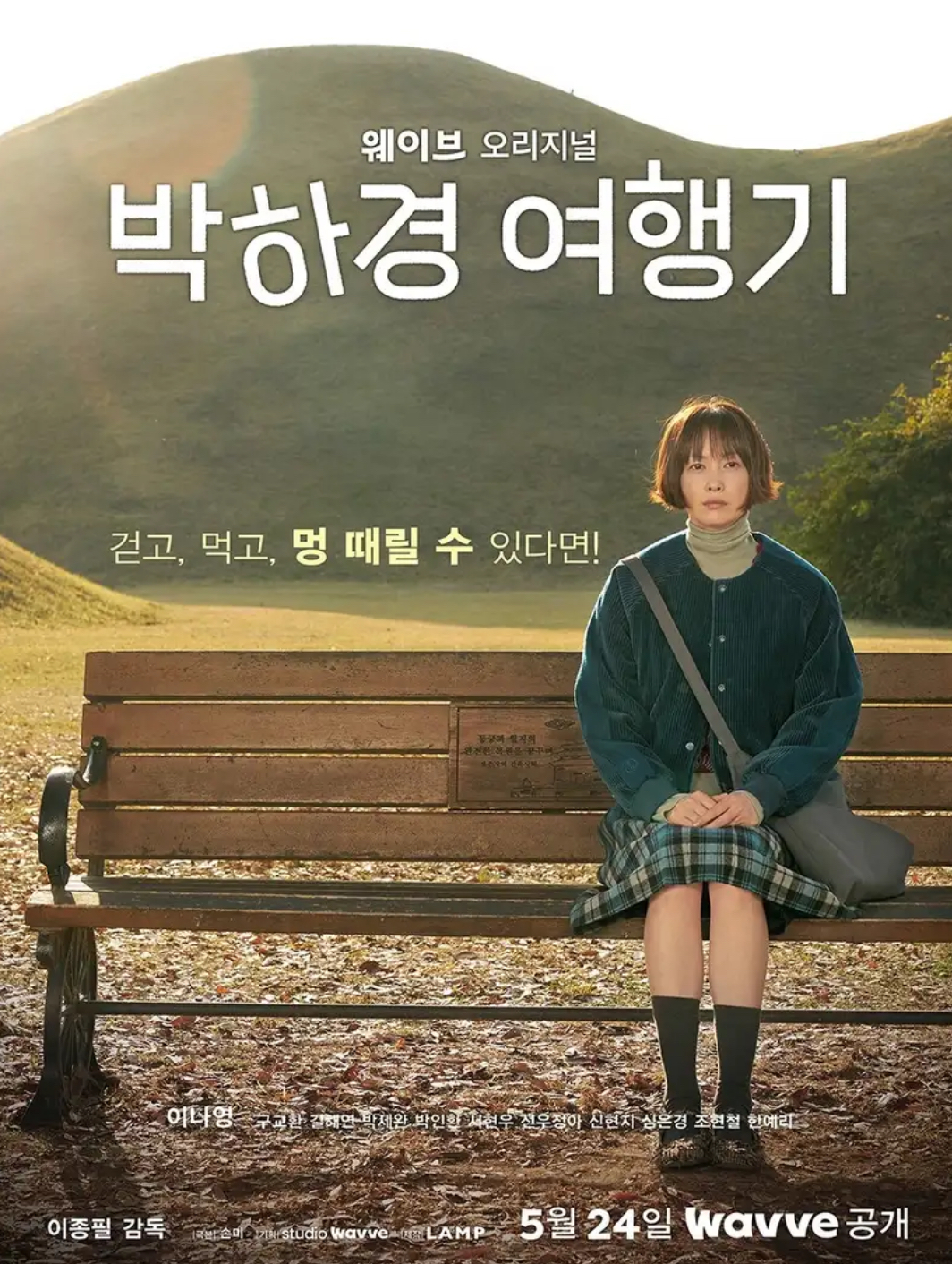
Part of the human experience is that we inevitably face struggles. We don’t like to accept this fact, and we try to run away from anything that causes us pain—from difficult conversations we need to have with loved ones, from feeling tough emotions like sadness, grief, and worry, or from acknowledging the suffering that exists within us. What I enjoy about watching K-Dramas is that they allow me to safely feel my emotions and connect with the suffering of another—even though they are fictional characters, the stories are very real and very human. What if we stopped resisting our pain—stopped minimizing it or dismissing it—what if we treated it like a teacher and allowed it to guide us? Park Ha-Kyung names the experience “when I long to disappear,” she recognizes her need to slow down and check in—she doesn’t ignore the signals—she allows herself a day to slow down and replenish. I learned that the need to slow down and rest is not a sign of failure but actually a gift. If we pay attention and respond to the need that arises, it could positively enhance our mental health.
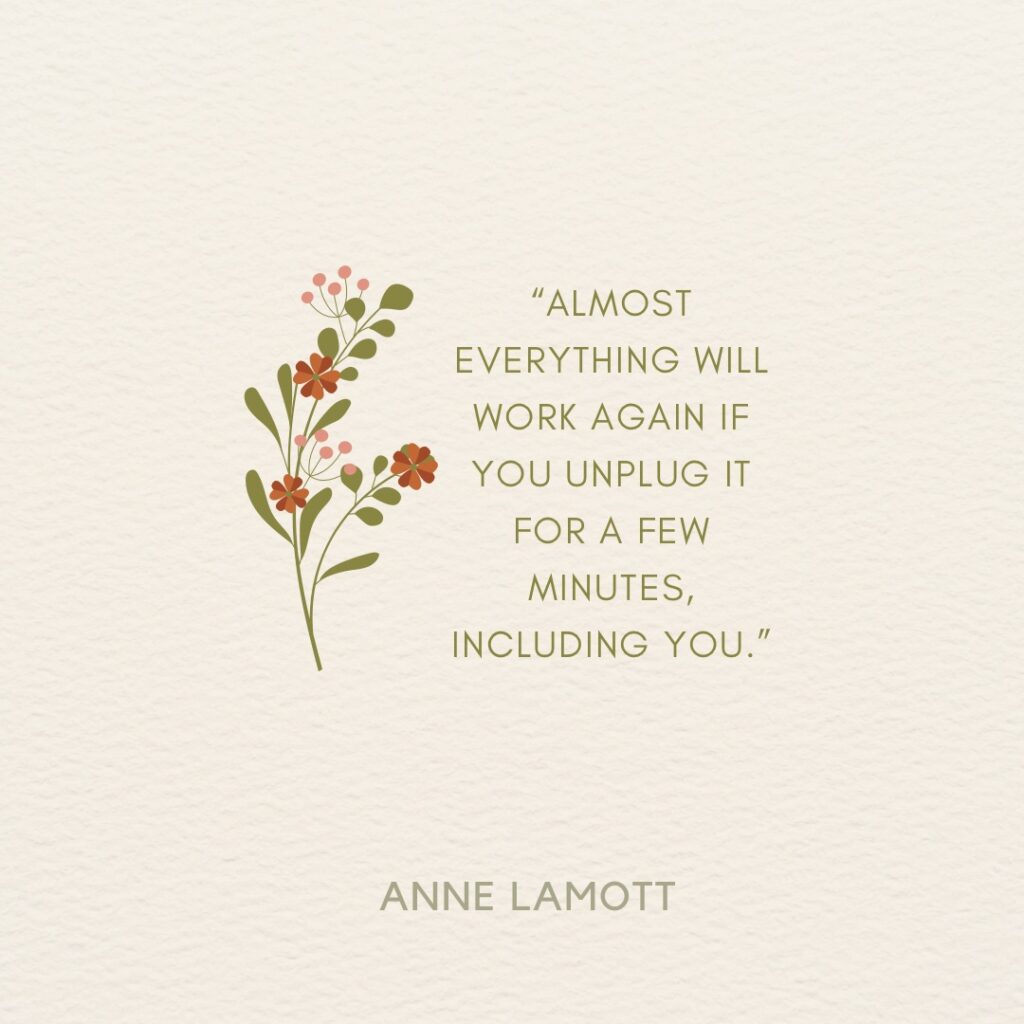
What are the signals in your life that alert you to slow down and take a break? What do you need during this time? I know that it can be really scary to slow down and rest. I think many of us use productivity to avoid facing ourselves. It’s hard to face our own pain and suffering. It’s also hard to know how to comfort ourselves—kind words or soothing touch can seem unnatural because we are not used to treating ourselves in this way. Maybe we think we don’t deserve it. This makes sense why, when we are feeling down, we deny ourselves the things that bring us joy—maybe we think we don’t deserve to feel better. I think it’s important and necessary for our mental health to normalize the need to slow down and take a break. There’s a natural rhythm, just like the natural progression of the seasons. What if we accepted that this is part of being human? We can’t always have sunshine, warm weather, and pretty flowers to smell. We also need to go through seasons of change, and although they are difficult, just like the winter season, they can bring about beautiful transformation in our life. Just like the fall season alerts us that winter is close, we also experience internal signals that tell us our wintering is also close. What can you do to prepare for your winter season?
Park Ha-Kyung offers a wonderful example of what we can do. So the next time you feel like you long to disappear, take a day off. Give yourself permission. Maybe start with half a day if one day seems too much. You don’t have to go anywhere far. You can hop on a city bus and act like a tourist in your city. Let your mind wander, which is why I encourage taking a bus and not driving, and see where it takes you. Be curious. Walk. Maybe you’ll discover a cute bookstore you never knew about. Maybe you will have an interesting conversation with a stranger. Maybe you will discover that you really enjoy solitude and your own company. Then, journal about it so that it can serve as a reminder for the next time you need to take a break. If you need some ideas for your next day off, I hope you find something here:
